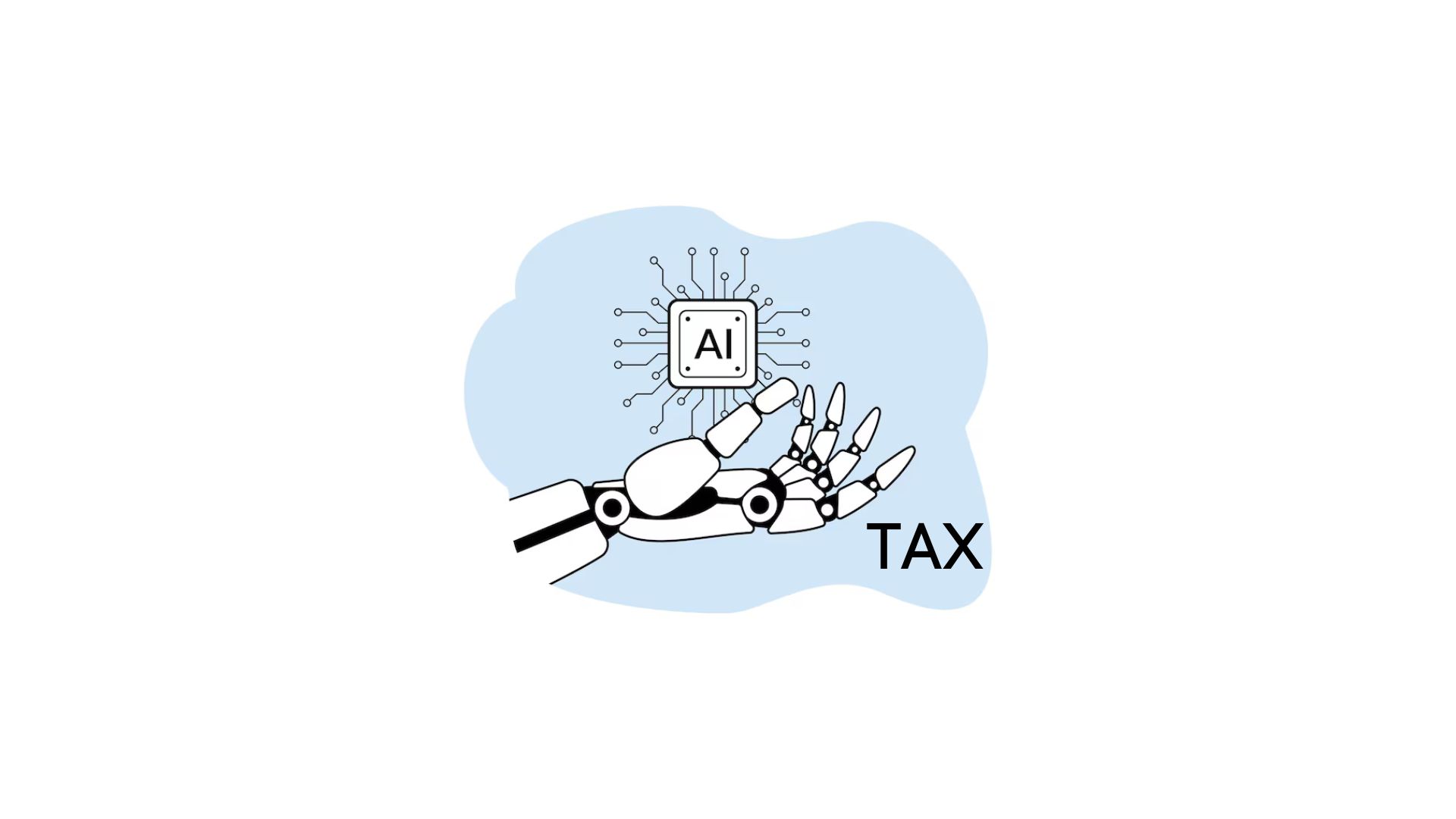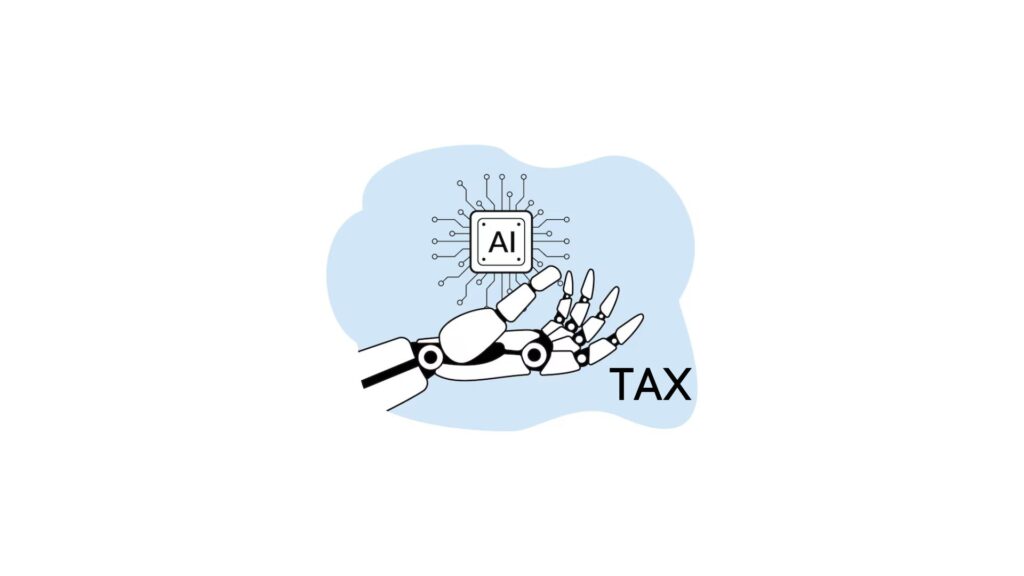
16 Apr Tax Compliance Trends: Embracing AI for Efficient Tax Administration

In the ever-evolving landscape of taxation, the integration of artificial intelligence (AI) is revolutionizing how tax compliance is approached and managed. With the digital age reshaping traditional models, tax administrations worldwide are increasingly turning to AI to streamline operations, enhance efficiency, and mitigate potential risks. Let’s delve into the transformative impact of AI on tax compliance trends in 2024.
The Rise of AI in Tax Compliance
According to recent studies examining tax administrations across 80 countries, a significant portion, 44 to be precise, have embraced AI to bolster tax compliance efforts. These initiatives aim to combat fraud, improve efficiency, and ensure better overall governance. The motivations behind government investments in AI for tax administration are diverse, ranging from virtual assistant services to risk assessment processes.
AI Streamlining HS Code Management
One of the key areas where AI is making significant strides is in the management of Harmonized System (HS) codes. By automating the categorization process, AI enables precise predictions and adjustments as HS code regulations evolve. This not only ensures accurate classification but also minimizes costly manual errors, ultimately leading to greater efficiency in international trade.
Automating Routine Tasks and Enhancing Analysis
In addition to streamlining classification processes, AI is reshaping the roles within tax administrations. Routine tasks are being automated, allowing professionals to focus on strategic analysis and decision-making. By analyzing extensive datasets, AI can detect patterns and trends indicative of potential tax issues, empowering businesses to proactively address compliance concerns and mitigate risks.
Leveraging AI for Tax Audits and Fraud Detection
Tax authorities are increasingly turning to AI for conducting audits and detecting fraud. By scrutinizing vast datasets, AI can identify anomalies and suspicious activities that may signify fraudulent behavior. In some European Union member states, AI has proven instrumental in detecting a significant portion of tax fraud cases, highlighting its efficacy in combating financial misconduct.
Challenges and Opportunities
While the integration of AI presents immense opportunities for efficiency and transparency in tax compliance, it also poses significant challenges. Data privacy and security concerns must be addressed, alongside the need for infrastructure investment and training. Moreover, businesses must navigate the complexities of managing non-integrated systems and address skill shortages to fully leverage the potential of AI in tax administration.


No Comments